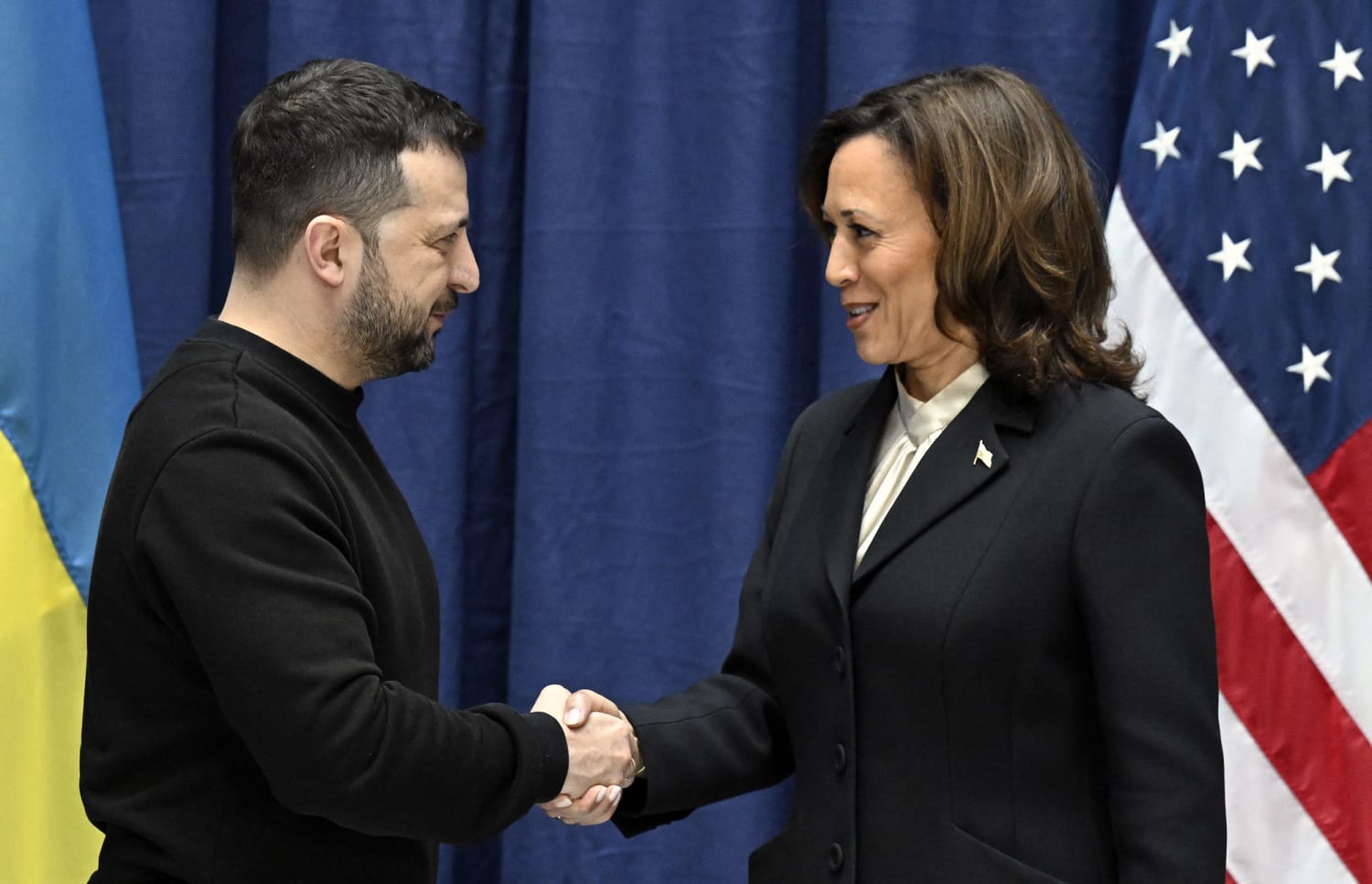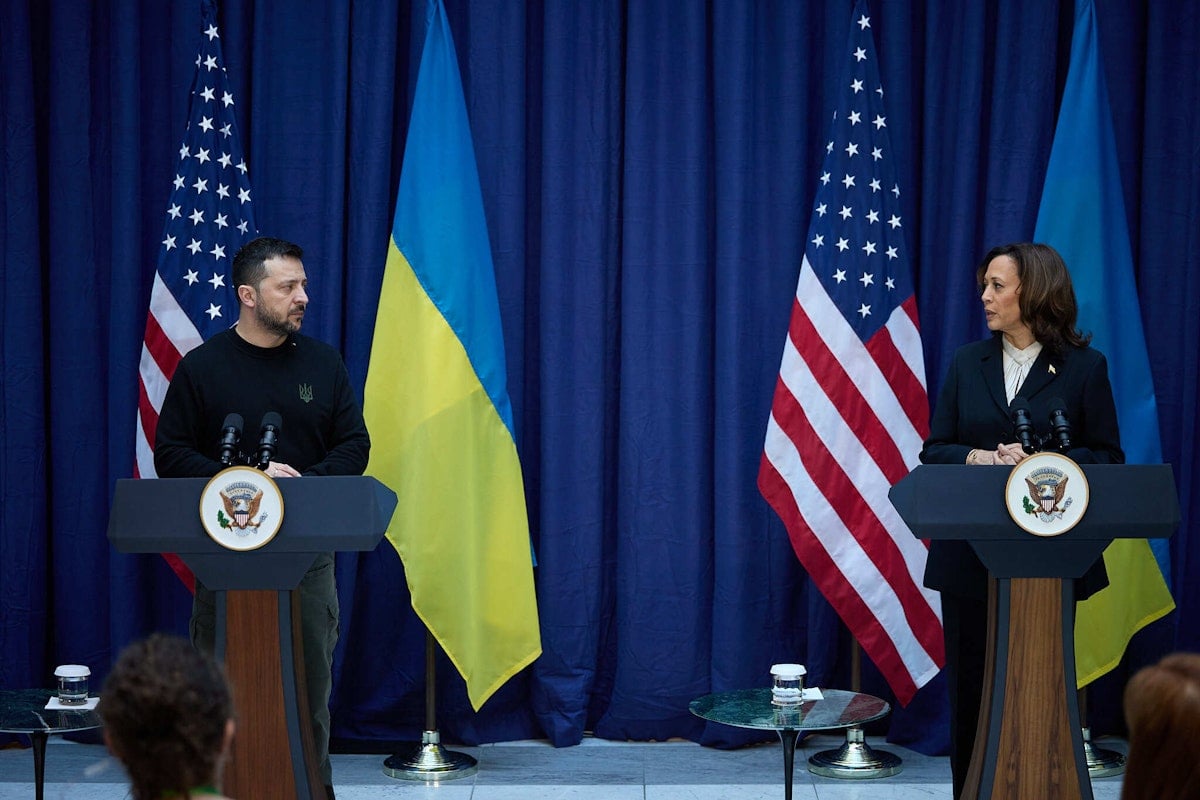Over the past weekend, members of Congress found themselves facing uneasy allies at the annual Munich Security Conference, coinciding with the second anniversary of Russia’s invasion of Ukraine.
The atmosphere at the conference was overshadowed by the tragic news of Alexei Navalny’s death, a prominent critic of Russian President Vladimir Putin, while in a Russian prison. Additionally, the recent seizure of the Ukrainian city of Avdiivka by Russia added to the somber mood of the gathering.
Amidst this backdrop of European turmoil reminiscent of World War II, American lawmakers embarked on a challenging mission: to demonstrate to the international community that, despite internal political discord marked by a stagnant and unyielding Congress, the United States remains a steadfast diplomatic ally.
This task, unimaginable at the onset of Russia’s invasion, when bipartisan support swiftly rallied behind providing billions in aid to Ukraine, was now fraught with complications.

Politicians Travel Across Europe to Confirm U.S. Support for Allies (Credits: NBC News)
The failure to pass a national security supplemental bill, which included significant aid to Ukraine, despite Senate approval, presented a stumbling block. Although most conference attendees expressed support for Ukraine, convincing European leaders of unwavering commitment proved to be an uphill battle.
Democratic Senator Chris Murphy acknowledged the instability within the House, stating, “We can’t sugarcoat the instability in the House.” While expressing hope for future aid to Ukraine, he admitted to the discomfort of the situation.
Meanwhile, concerns loomed over the 2024 election, particularly with former President Donald Trump’s increasingly isolationist rhetoric, even suggesting support for Russian aggression against NATO allies.
Despite the challenges, bipartisan reassurance was conveyed, with Senate Majority Leader Chuck Schumer emphasizing American solidarity with Ukraine and its allies. However, uncertainties remained regarding House actions influenced by Trump’s political sway.
Notably, Senator J.D. Vance’s divergent views on Trump’s foreign policy approach hinted at potential shifts in the Republican stance, contrasting with more internationalist perspectives. Nevertheless, most Republicans echoed a commitment to aiding Ukraine, albeit with varying approaches.
Efforts to pass aid packages faced procedural hurdles, with uncertainty surrounding House leadership’s stance. Despite setbacks, bipartisan initiatives aimed to expedite aid approval, recognizing the urgency of the situation.
Discussions on border-related provisions intersected with foreign policy debates, highlighting the complexities facing Congress. While challenges persisted, there was optimism that ongoing negotiations could catalyze action on Ukraine.
The urgency of providing aid to Ukraine underscored the imperative for Congress to act swiftly to maintain America’s credibility on the global stage and uphold longstanding alliances essential for safeguarding democracy, both domestically and abroad.
























